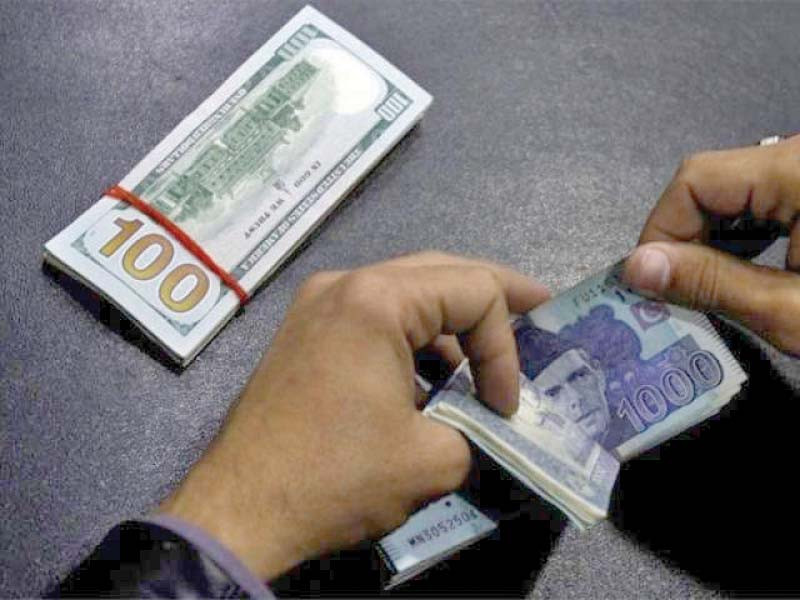
Despite a significant surge in the cost of credit during the just ended fiscal year, the private sector made record high borrowing to finance their projects as demand picked up for their products, suggesting a broad-based expansion in businesses.
The private sector cumulatively borrowed Rs1.44 trillion in previous fiscal year 2021-22 (till June 28), which was 142.5% (or Rs848 billion) higher compared to Rs595 billion in the same period (July 1, 2020 to June 28, 2021) of last fiscal year, according to Pakistan’s central bank.
The outstanding credit to the private sector spiked to Rs8.17 trillion at the end of May 2022 compared to Rs6.64 trillion a year ago on May 31, 2021.
“Private sector credit registered an unprecedented and broad-based expansion in FY22,” the State Bank of Pakistan (SBP) said in an analyst briefing post-monetary policy announcement on Thursday.
“Private sector credit grew a further 2% month-on-month in May, driven by favourable developments in sectors like power, edible oil, construction-allied industries as well as wholesale and retail trade,” the SBP said in its latest Monetary Policy Statement (MPS).
“Demand for fixed investment and consumer loans also picked up, reflecting a robust economic activity.”
The central bank’s data suggests the industrialists borrowed a total of Rs422 billion for fixed investment (investment for setting up new businesses and/ or expansion of existing ones) in the first 11 months (July-May) of FY22, which was 140% (or Rs247 billion) higher compared to the borrowing of Rs175 billion in the same period of the preceding year.
Besides, the demand for credit to meet day-to-day expenditures of businesses (working capital) was recorded at Rs671 billion for the 11 months. It was nine times higher compared to a mere Rs75 billion in the corresponding period of the prior year.
The data suggests people continued to acquire high car financing and housing finance during the year despite the scores of measures taken by the previous and current governments to reduce luxury goods import since September 2021.
Businesses borrowed a huge amount of Rs1.44 trillion in FY22 despite the increase in the central bank’s key policy rate by a cumulative 800 basis points since September 2021 to a 14-year high at 15%.
The businesses continued to make heavy borrowing, though the inflation reading spiked to a 13-year high at 21.3% in June 2022, while the average month-on-month inflation came in at over 12% in FY22.
The inflation is anticipated to peak out at around 23% in the next few months.
The central bank said the country had achieved higher economic growth of 6% in the past two consecutive years (FY21 and FY22) on the back of stimulus packages (including industrial packages) provided by the government and the central bank through the fiscal and monetary policies.
The stimulus packages strengthened the purchasing power of businesses and households.
The growth, however, is anticipated to slow down to 3-4% in current fiscal year 2022-23 after the central bank jacked up its key policy rate to curb inflation, suggesting the businesses may lose the appetite for credit during the year.
The central bank said in its latest quarterly (Q1-FY22) report on the State of Pakistan’s Economy that credit flow to the private sector increased during Q1-FY22 compared to the net retirement during the same period of last year.
“Despite seasonal loan retirements in sugar and rice processing sectors, the overall demand for working capital loans increased, mainly due to the rising input costs, revival in economic activity and recovery in business confidence.”
“Furthermore, SBP’s TERF (Temporary Economic Refinance Facility) scheme drove up fixed investment loans, whereas consumer financing continued to accelerate with major impetus from automobile and housing segments.”
Businesses borrowed a total of Rs436 billion through the TERF scheme to set up new businesses and expand the existing ones. The scheme was launched for a limited period of one year in March 2020 to help businesses continue their investment plans following the Covid-19 pandemic outbreak in the country in February 2020.
The credit increase can be attributed to three main factors. First, the industrial activity – mainly large-scale manufacturing (LSM) sector gained further momentum during Q1-FY22. Second, the rising input costs (especially cotton and edible oil) led to an increase in the demand for working capital loans. Finally, the overall business confidence improved during the quarter.
Published in The Express Tribune, July 9th, 2022.
Like Business on Facebook, follow @TribuneBiz on Twitter to stay informed and join in the conversation.




1732626034-0/BeFunky-collage-(92)1732626034-0-165x106.webp)













COMMENTS
Comments are moderated and generally will be posted if they are on-topic and not abusive.
For more information, please see our Comments FAQ